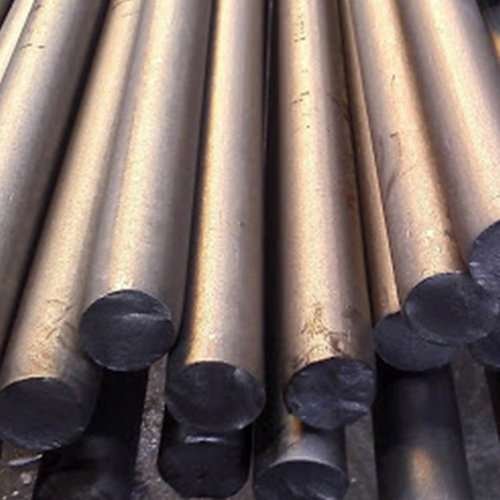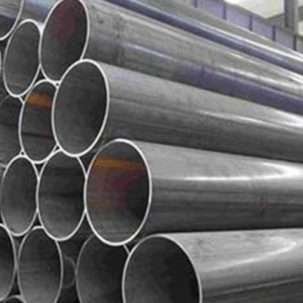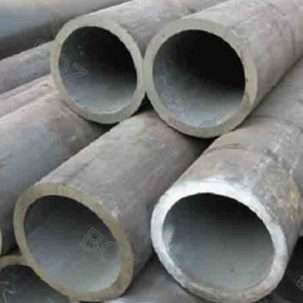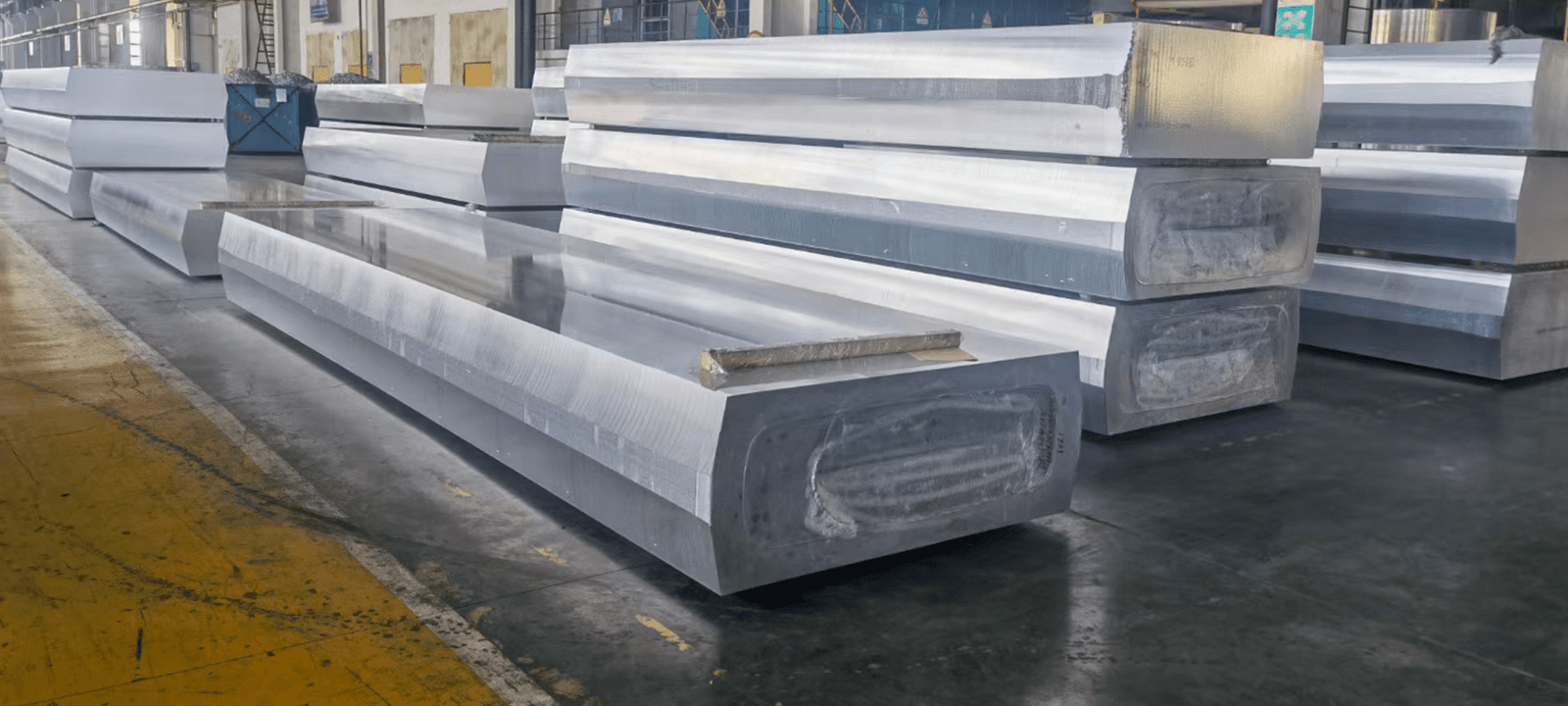HAYNES 230 alloy
- Premium alloy of nickel with a variety of attributes
- Flexible and reliable with high-temperature strength
- Excellent resistance to oxidizing and nitriding environments
- It exhibits lower thermal expansion and grain coarsening characteristics.
- Easy fabrication at room temperature
Description
Overview:
Haynes 230 alloy acts as a perfect combination of strength and thermal stability with varied features like oxidation resistance, fabricability, thermal cycling resistance, and high-temperature tolerance. This alloy is highly used for heating applications. Haynes 230 is also used in gas turbines, combustors, and other stationary components used in heating processes.
Haynes 230 material comprises of Chromium, Tungsten, Molybdenum, and Nickel. High machinability and welding properties make the alloy more castable with long-term thermal stability. Other features like lower thermal expansion, pre-resistance, grain coarsening makes the alloy more useful. Haynes 230 price varies for its different forms of material.
Common Names:
- Haynes 230
- Alloy 230
- UNS N06230
Executive Standards:
Rod, Bar, Wire, and Forging Stock
- AMS 5891
- ASME SB 572
- ASTM B572
- ASME SB 564
- ASTM B564
Plate, Sheet, and Strip
- AMS 5878
- ASTM B435
- ASME SB 435
Welded Pipe and Tube
- ASME SB 619
- ASTM B619
- ASME SB 626
- ASTM B626
Seamless Tube and Pipe
- ASME SB 622
- ASTM B622
Fittings
- ASME SB 366
- ASTM B366
Chemical Properties:
| Chromium (%) | 20-24 |
| Tungsten (%) | 13-15 |
| Cobalt (%) | Max 5 |
| Iron (%) | Max 3 |
| Manganese (%) | Max 1 |
| Molybdenum (%) | 1-3 |
| Others (%) | Remainder |
Mechanical Properties:
| 0.2% Yield Strength (MPa) | 345 |
| 0.2% Yield Strength (ksi) | 50 |
| Tensile Strength (MPa) | 793 |
| Tensile strength (ksi) | 115 |
| Break Elongation | 40 % |
| Elasticity Modulus (GPa) | 209 |
| Elasticity Modulus (psi) | 30.3 x 106 |
| Hardness | 25 |
Physical Properties:
| Density | Lb/in3 | 0.324 |
| g/cm3 | 8.97 | |
| Specific Heat | Btu/lb-oF | 0.095 |
| J/kg-oC | 397 | |
| Expansion Coefficient | 25-100oC | 11.8 |
| 70-200oF | 6.5 | |
| Dynamic Shear Modulus | GPa | 79 |
| psi | 11.5 x 106 | |
| Thermal Conductivity | W/m-oC | 8.9 |
| BTU-in/hr-ft2–oF | 62 | |
| Electrical Resistivity | µohm-m | 125 |
| µohm-in | 49.2 | |
| Poisson’s ratio | No unit | 0.31-0.35 |
Key Features:
- Thermal stability and high-temperature strength: The Nickel-Chromium-Tungsten alloy has high-temperature strength with outstanding resistance to oxidizing and nitriding environments with long-term stability.
- Easily fabricated: Haynes 230 has excellent reforming properties with good ductility and malleability. The alloy is readily formed by cold working to restore and balance the properties.
- Castings: The casting of Haynes alloy is done by using conventional and traditional practices like air-melt sand mold or vacuum melt, etc. A high level of silicon indicates enhanced fluidity.
Product Forms Available:
- Plate
- Sheet
- Strip
- Wire
- Bar
- Pipe
- Tube
- Forgings
- Fittings
- Billet
Applications:
- Combustion cans
- Transition ducts
- Thermocouple sheaths
- Gas turbine components
- Catalyst grids
- Burners and tubes
Possible Alternative Grades:
- C263: This widely used nickel alloy has high resistance with other features like workability and weldability.
- Hastelloy X: The alloy is highly resistant to stress caused due to corrosion that occurs from oxidation. It is used in gas pipelines and steam coolers.
Frequently Asked Questions:
- Is Haynes 230 available in sheet?
Yes, Haynes 230 is available in sheet and also many other different forms. Each product comes with a different price per kg.
- What is the material of Haynes 230?
Alloy 230 is made up of elements like Nickel, Chromium, Iron, Tungsten, etc.
- Is Haynes 230 weldable?
Yes, Haynes 230 offers you with the feature of easy welding and machinability.
Get A Free Quote Now!







